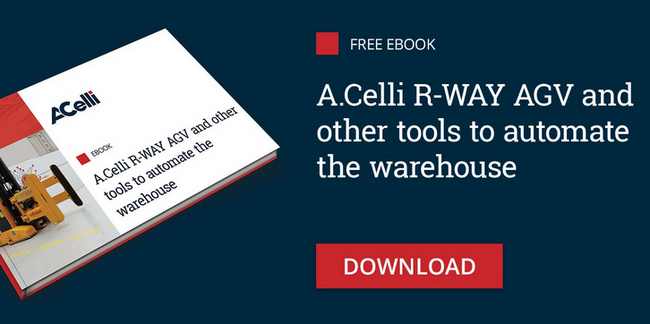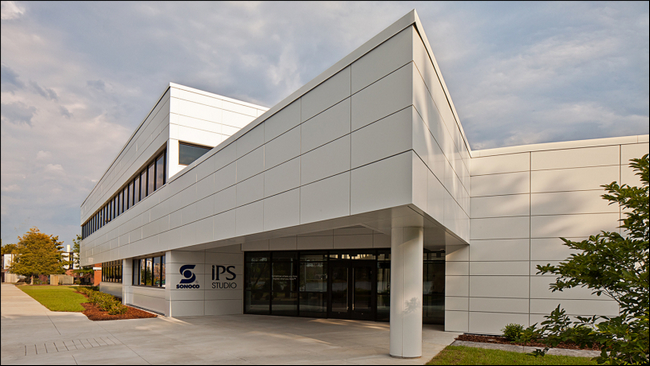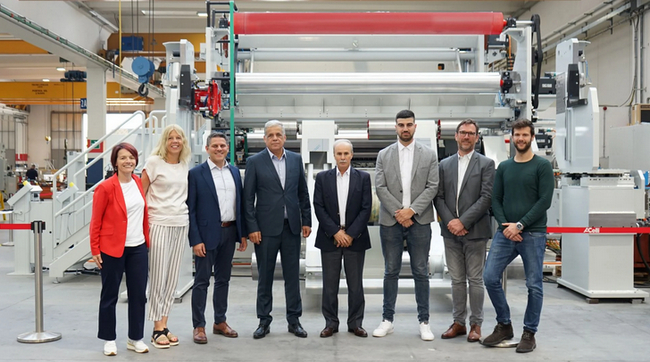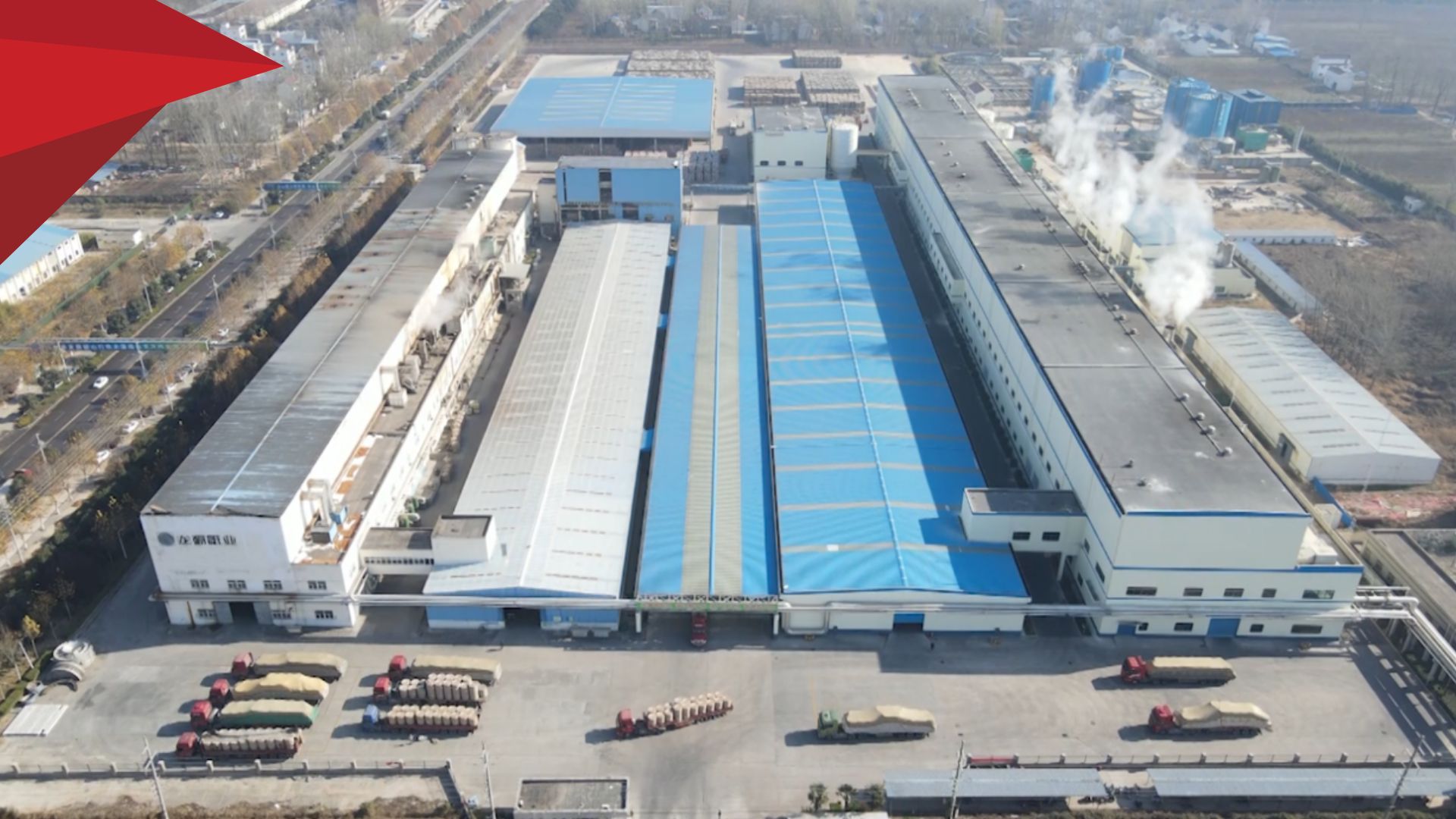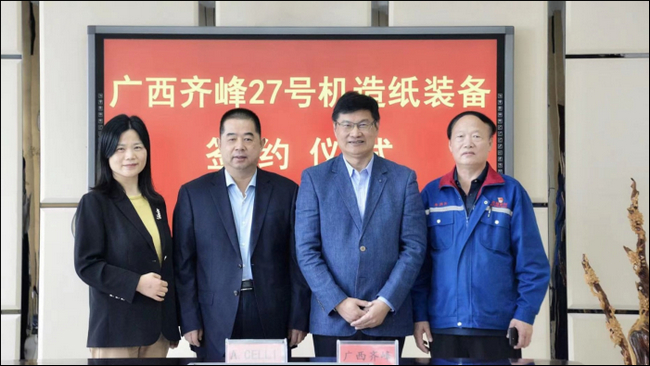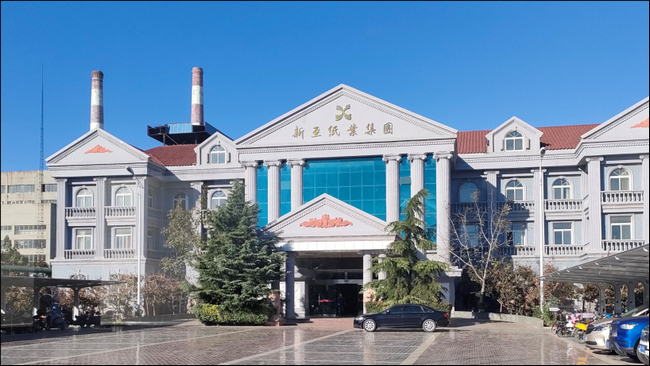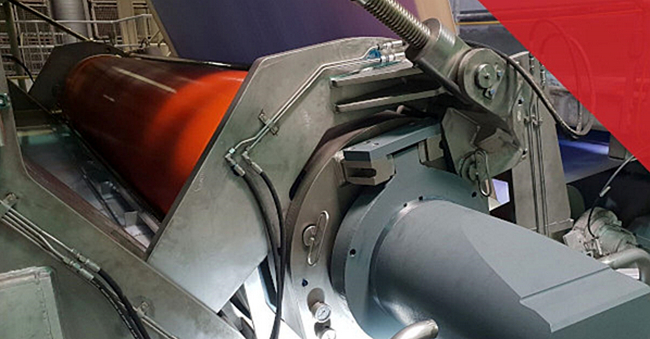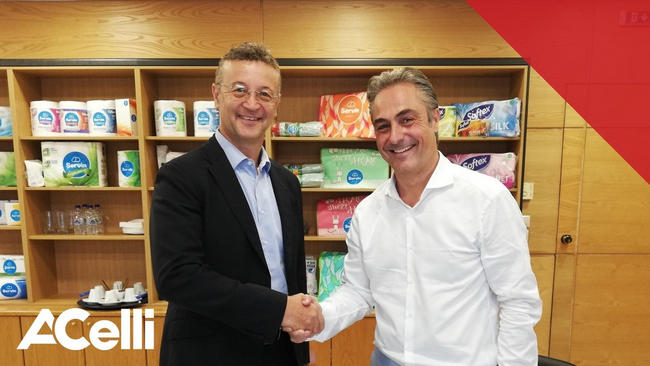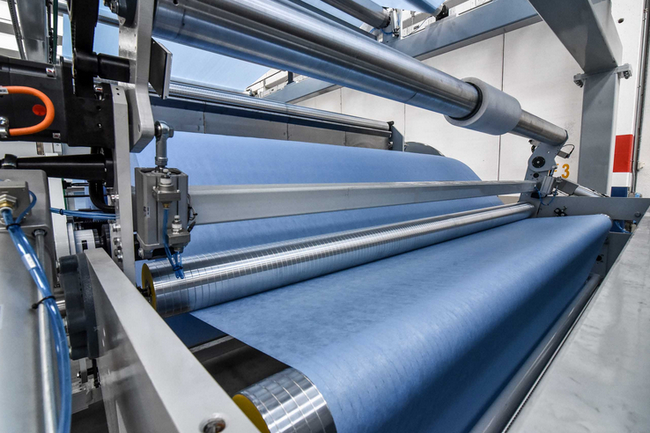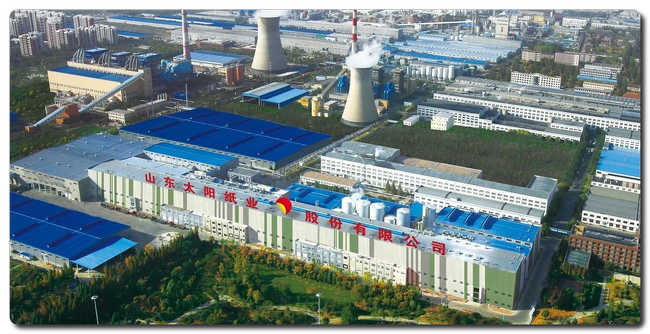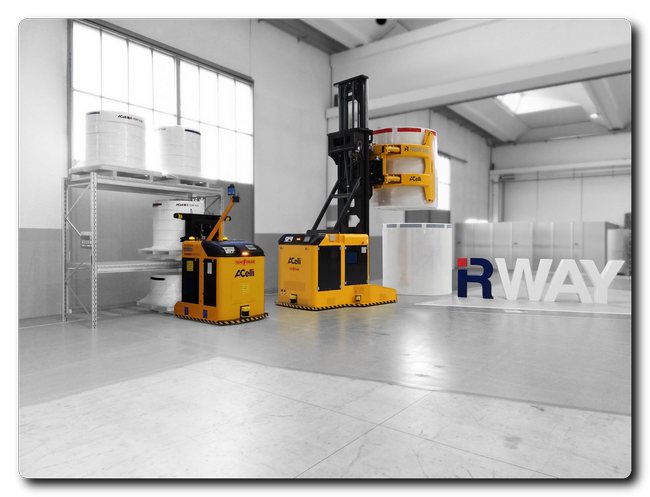
The fourth industrial revolution, known as Industry 4.0, is now well underway, and the new frontier is automation, or the use of digital technologies to manage productivity.
The way that industries evolve into "intelligent" factories by upgrading their production methods and logistics is not only a matter of technological change, but also involves cultural adjustment. This process need not be sudden and drastic; indeed, it requires time and planning to attune the various structures and processes to the habits and dynamics of your team.
A smart factory cannot be created overnight, simply by purchasing advanced digital systems. It needs to be a gradual process that sustains tradition while leading a business into the digital age.
Here are some examples of companies that relied on TecnoFerrari & A.Celli synergy to automate their processes, and were able to resolve their problems and increase productivity without losing their character or abandoning their traditions.
1. Goods storage automation in Texhong Textile Group Ltd
Texhong Textile Group Ltd. is a Chinese company, specialising in the production and distribution of high quality yarns and fabrics. It is currently one of the leading suppliers in the global textile industry. This important group has decided to use A.Celli technology for the installation of a fully automated system for both warehouse management and the preparation of rolls for shipping. The system will be installed at the company's plant in Vietnam.
The order for the automated warehouse followed on from a previous order by the same customer for two rewinders and two automatic packaging/roll handling systems. With this important order, A.Celli has now become responsible for the entire downstream section of the production line: from wrapping-packaging and storage in the warehouse (including all data tracking) to preparation of the rolls for loading. The system is a customised solution that involves the use of AGVs both for handling master rolls and empty shafts in the production area and for the process of managing the rolls: from picking them after packaging to storing them in the warehouse, and subsequently preparing the load for shipment.
A.Celli has once again proved to be an important player in the Asian market, capable of developing solutions that meet the disparate needs of customers, and responding with flexibility and promptness to the many variables involved in production and logistics.
2. Goods storage automation in Cartesar
The subject of recycling has become a prominent issue in recent years, and Cartesar is an expert in this matter.
The company was founded in 1974, and is based in Salerno on the Amalfi Coast. Right from the start, the focus has been on finding the best and most innovative solutions for producing recycled paper for corrugators, using solely waste paper as raw material.
After 40 years of successful business and uninterrupted growth, it became vital to automate the services of the production chain. This was achieved by using counterbalanced TGVCs with on-board roller conveyors for transporting rolls in a vertical position, whether inside or outside the factory. In this way, the rolls can be moved to the interchange bay of the warehouse, where other TGVC vehicles, fitted with grippers, then store the rolls on high shelves in multi-tier, multi-depth ground storage warehouses.
Thanks to the automation of the handling and storage systems, there have been significant reductions in the time required for such operations, resulting in a real increase in productivity. There are also savings in relation to having to pay workers to do low-skilled jobs, and these people can be re-trained to do higher-skilled tasks.
3. Goods storage automation in Commercarta
Tradition, quality, reliability, precision and technology are the distinguishing features of the Milanese company Commercarta, which has specialised in the packaging and graphic applications sector for over thirty years.
With the launch of the 4.0 protocol, the company found itself confronting yet another technological evolution, but decided to embrace it with open arms. The challenge was to ensure maximum safety for the personnel, while also reducing the possibility of error and improving the quality of the finished product.
The new initiatives have made it possible to execute in total safety all the operations involved in handling the rolls, from storage to production. They include manoeuvring the rolls with the tilter, and moving them along the connecting routes between the production facility and warehouse sheds, using fork-type TGVP vehicles with magnetic guidance systems. The automated handling equipment is fitted with all the most advanced safety devices, to protect both employees and goods. This helps to reduce the number of accidents at work and increases the quality of the products themselves, while also cutting wastage.
4. Goods storage automation in Fater
Where is the margin for improvement when a company is already the market leader in the production of absorbent personal products and bleaches?
In the new world of Industry and Logistics 4.0, it is becoming increasingly vital to automate warehouse logistics, enabling the company to respond quickly to customers' needs while also preserving the efficiency of mass production.
The Italian company Fater is well aware of this need and has proved to be a trailblazer. The business was founded in 1958, but since 1992 has operated as a joint venture between Procter & Gamble and the Angelini Group. Every year, this Pescara-based company invests about 4% of its annual turnover in innovation, constantly raising the bar in terms of results.
A few years ago, Fater decided to focus on innovating its processes, and invested part of its revenue in automating its production lines. By designing a magnetic guidance system and using TGVP vehicles with rotating forks for handling reels and pallets, it was possible to automate the entire process of servicing the production lines. This equipment could handle any sort of material: cellulose reels, scraps or packages on pallets, and could also pick and place it in multi-depth ground storage warehouses.
This type of automation has allowed Fater to achieve greater productivity, using machines that can operate for longer hours and without breaks at night. The company can now ensure even better quality in its products, with systems that guarantee total hygiene and reduce waste due to spillage. The data collected and transmitted during the various phases can be used for analysing just in time production methods, and the company's reputation for being at the forefront of technology is a considerable boost to its image.
Do you want to know more about the solutions adopted by these 4 big companies? Download the eBook "A.Celli R-WAY AGV and other tools to automate the warehouse" and discover all the advantages for your business!
